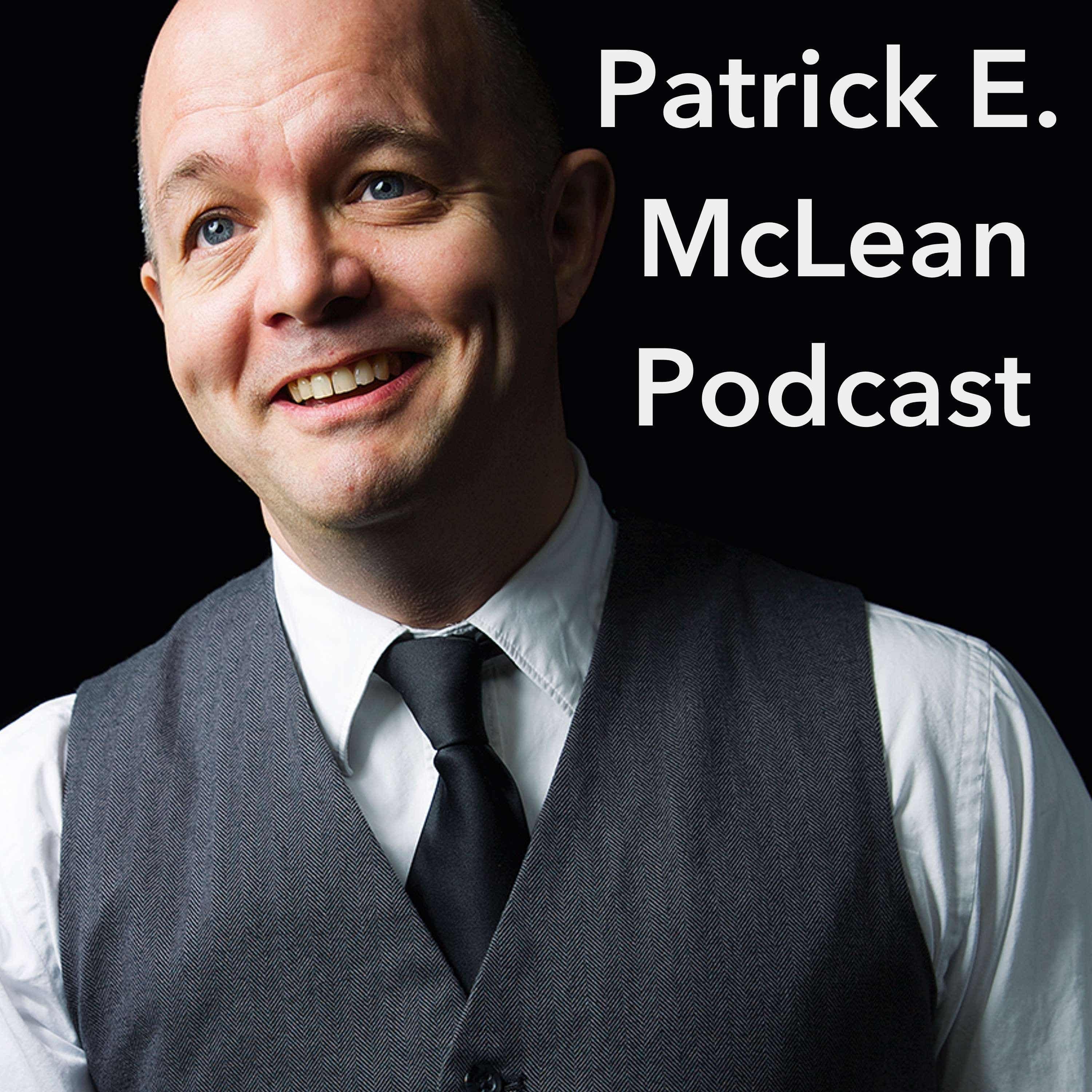The Persuasive Appeal of Dr. Martin Luther King
Description
I really like Martin Luther King day as a holiday. It certainly makes more sense to me than President's Day. Washington and Lincoln were tremendous figures in our history, worthy of study and reflection -- but the world that they were part of seems very distant from the times we live in. But Dr. King, he was a man who dealt with problems we face and the forces that must be confronted to change them.
Organizational challenges. The staggering inertia of both the Government and the People. The omnipresent temptation to acts of violence.
I believe that violence in always backfires. It either hurts the cause or the person who perpetrates it or both. And I believe that a politics that appeals to one group or faction can seem powerful in the moment, but will prove to be catastrophic. And often sooner than one thinks.
This bodes not well for us at the moment, because all our politics currently seems to be predicated on identity and personality. I find that vile and stupid on all sides. But the key problem with identity politics is that it splinters into fragments. It's impossible to unify. Which makes it impossible to, well, lead.
When faced with a problem, I first, ask myself: what solutions have worked in the past? And will they work again? I don't think there's a single person who think that things are great right now. Or that one way or another, we don't face turbulent times and colossal change. But how do we actually go about changing things and not make them worse?
The last, biggest positive change I can think of was the Civil Rights Movement. And that was non-violent. And it inspired basically everyone.
There are many people who think that anybody who voted for Trump is an irredeemable racist. The problem with that thought is there are 70 million people who voted for Trump. And if you can't reason or negotiate or come to terms with them -- if argument is no use and they're just demons -- then the only thing left is violence. By no means is this kind rhetoric limited to one party or faction. But every time I hear someone espousing this brand of 'the other side is horrible and can't be reasoned with' rhetoric' it bothers me.
Because in it violence is implicit. And it always makes me wonder, is the person doing the yapping, going to get out there and fight themselves, or do they expect that someone else is going to take the hits for them?
And even if you think it acceptable to use violence in the pursuit of your ends, political and otherwise, I just can't see how it could be a way out of our difficulties.
And that's one of the things that is powerful about the "I Have A Dream" speech. Its fundamental rhetorical appeal is for people to answer the call of their own moral greatness. To recognize that we are, that we can, all of us, better than we give our selves credit for. And it works. Given the events of the summer and the recent events in the capitol, the speech shines brighter than ever for me this year. And seems all the more remarkable.
The commentary I wrote on it 2006 is still among the finest things I've ever written. And before I share it again, I have but one observation to add:
When you're serious about changing things you show up in a suit.
Martin Luther King wore a suit. Malcom X wore a suit. The men who sat in at Woolworth's lunch counter in Greensboro, NC, wore suits. And maybe my point here isn't the clothes or the cause, but the attitude. When you really set out to create change in the world, it's serious. It's beyond rage. It's patient.
Recently, we have seen a lot of angry people with a lot of opinions. But what I haven't seen is organized and patient group of people working towards a unified goal. What I see, at worst, are sideshows in a vandalism carnival. Poor deluded people, hurting themselves and others, throwing their lives away for causes that they believe in, but that do not belie
More Episodes
Short fiction every week and serial novel "A Town Called Nowhere"
Published 08/22/22
Published 08/22/22
Laura looked out over what was left of the Town of Grantham. Smoldering buildings. Bodies scattered across the street. She realized that this was the reality. This was the natural state. There would be no rescue. Not by Virgil nor anyone else. She felt an urge to lay down with the dead and be at...
Published 07/29/22


